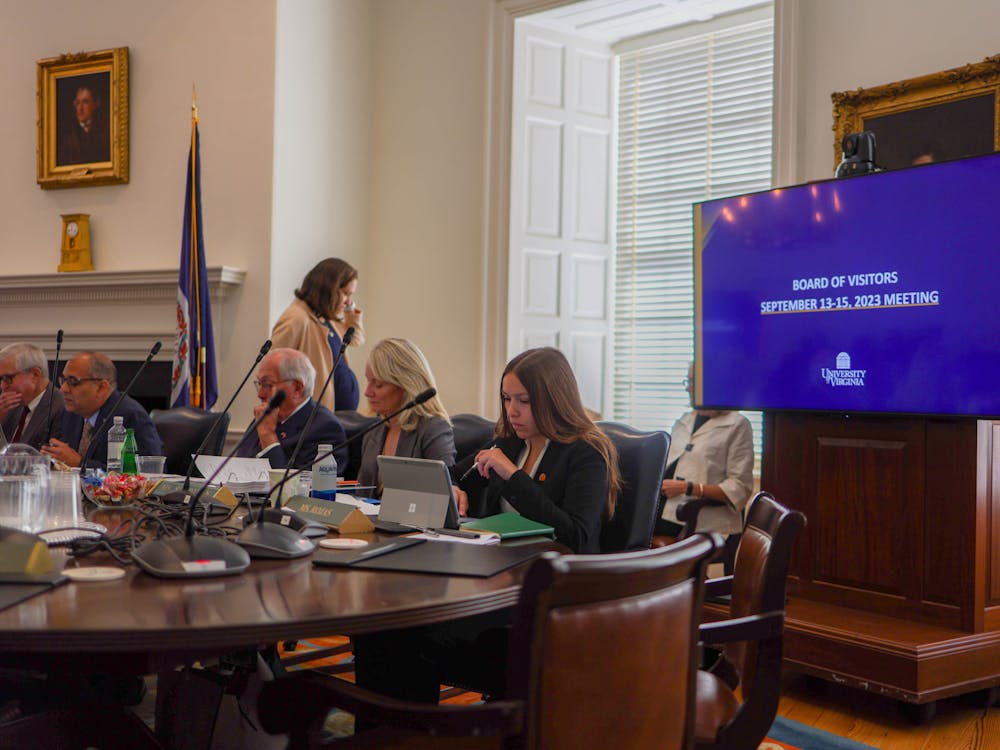Wednesday, cardinals clustered in the Vatican to select a new pope: Jorge Bergoglio from Buenos Aires. And with a new leader comes hope that the Catholic Church will begin to reform itself.
Pope Francis, as Bergoglio is now called, is the first Jesuit pope and the first from South America. This step is a huge one for the Catholic Church. For an institution so rooted in tradition, it is impressive that its new leader is different from many of its previous ones.
Electing Cardinal Bergoglio as pope shows that perhaps the Catholic Church is becoming more tolerant and willing to make other changes as well. One major reform I hope to see concerns the priesthood’s celibacy rules. I believe the Church should allow its priests to get married. I also hope Pope Francis takes action to curtail corruption within the Church.
Pope Francis is a Jesuit, which is a good indicator of his progressiveness. Jesuits are teachers and do not believe in luxuriousness, seen by Pope Francis’ decision to live in a small apartment rather than a cardinal’s mansion when he was a cardinal. According to the Encyclopedia Britannica, the Jesuit order is “noted for its educational, missionary and charitable works, once regarded by many as the principal agent of the Counter-Reformation and later a leading force in modernizing the church.” That Pope Francis is a Jesuit is encouraging and hopefully an indicator of positive changes he might institute.
It is also encouraging that he chose the name Francis, after St. Francis of Assisi, a saint known for humbleness, vows of poverty and holy command to “rebuild my church.” If his choice of name is any indication of how he will perform as pope, perhaps he will begin rebuilding the Church by eliminating archaic rules, such as those governing celibacy, that have undermine the institution’s effectiveness and reach.
The New York Times reported that the new pope will have to deal with challenges including “a shortage of priests, growing competition from evangelical churches in the Southern Hemisphere, a sexual abuse crisis that has undermined the church’s moral authority in the West and difficulties governing the Vatican itself.” The Church is in need of rebuilding, and Pope Francis has the power to make necessary reforms. Celibacy in the priesthood is one area in need of reform. The tradition is archaic; priests should be allowed to marry. This reform could solve the problem of a shortage of priests in the Catholic Church. As many as 25,000 Americans have exited the priesthood since 1970 in large part because of the celibacy rule, according to The New York Times. Today there are fewer than 40,000 priests in the U.S. Allowing priests to marry would make priesthood less onerous and draw more qualified spiritual leaders to Church’s ranks.
It is not clear whether or not Pope Francis is considering modifying the Church’s celibacy rules, but if he wants to make such reforms, as well as put an end to the Church’s internal corruption, he has the power to do so. Yet while reform is what the Church needs, some Catholics believe Pope Francis is not the one who will bring it.
Some Catholics see Pope Francis as a transitional figure who will not be able to make major reforms. At 76, he is only two years younger than Pope Benedict was upon his election eight years ago, and while he is “new blood” in the sense that he is the first Jesuit and the first from South America, he is in no way “new” as far as age goes. His age may be a hindrance in making reform. Also, he has little experience with the inner workings of the Vatican in comparison to previous popes, which may reduce his effectiveness.
But Pope Francis, thanks to the papacy’s prestige, is seen as a religious and moral force around the world. He holds a lot of power and is the undisputed leader of the Catholic Church. If reform is to be made, he is the one to do it; and hopefully he will work to help the Church become more moral and more progressive to restore the institution’s authority.
Meredith Berger’s column appears Mondays in The Cavalier Daily. She can be reached at m.berger@cavalierdaily.com.






